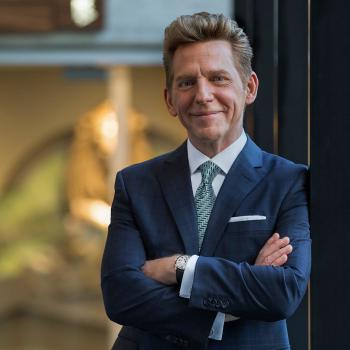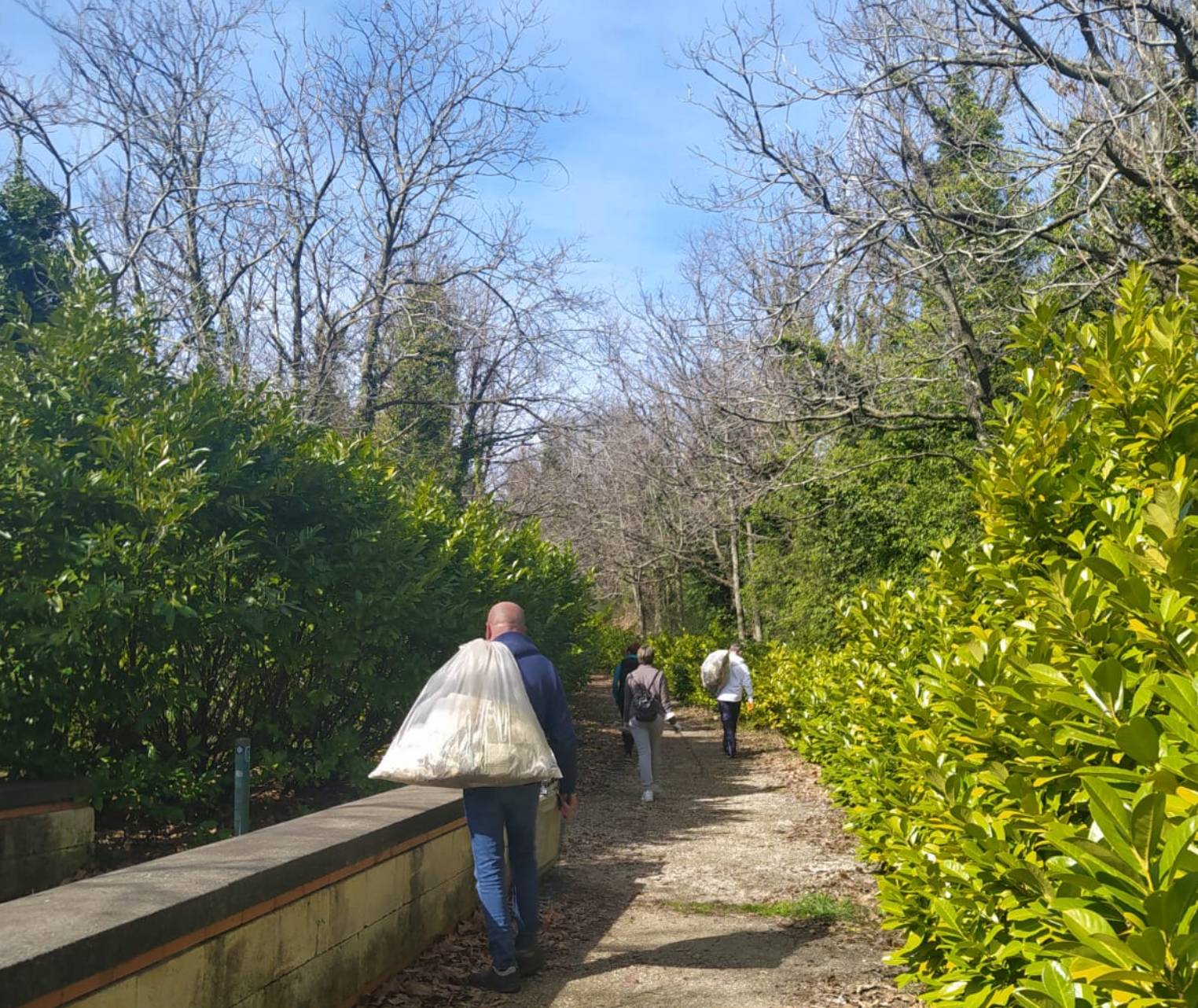A woman of great conviction, courage and vision, Wangari Maathai passed away today. The first woman in East and Central Africa to earn a doctoral degree, she went on to be awarded the Nobel Peace Prize–the first ever awarded to an environmentalist and the first African woman Nobel Laureate.
Achim Steiner, director of the UN Environment Programme, described her as a force of nature. “While others deployed their power and life force to damage, degrade and extract short term profit from the environment, she used hers to stand in their way,” he said.
Archbishop Desmond Tutu praised Maathai as a true “visionary African woman” and called her a “leading voice on the continent.” He said, “Professor Maathai introduced the idea of women planting trees in Kenya to reduce poverty and conserve the environment….At last count, the Green Belt Movement she helped to found had assisted women to plant more than 40 million trees. She understood and acted on the inextricable links between poverty, rights and environmental sustainability. One can but marvel at her foresight and the scope of her success. She was a true African heroine.”
The work of Ms. Maathai has truly changed the world. She is an inspiration to us all.
In so many ways she proved that one can do “something about it,” that one voice does make a difference and that our work to accomplish our hopes and dreams are the true stuff of life.
In The Problems of Work, L. Ron Hubbard emphasized that each man and woman is a vital part of the entire fabric of life when he wrote:
“A workman is not just a workman. A laborer is not just a laborer. An office worker is not just an office worker. They are living, breathing, important pillars on which the entire structure of our civilization is erected. They are not cogs in a mighty machine. They are the machine itself.”








